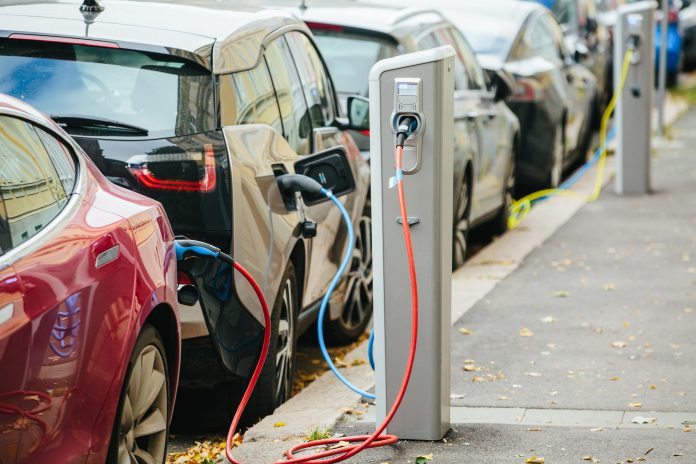Vermont lawmakers are weighing an electric vehicle tax that would charge owners based on the number of miles they drive.
The proposed tax, included in a bill titled H.479, would require drivers to pay a “mileage-based usage fee” starting in July 2025. Although officials have yet to determine the exact rate, the law has already passed in the Vermont House and is awaiting approval in the Senate.
While politicians in other states have sought to pass laws limiting sales of battery-powered cars, the proposed EV tax is not intended to discourage their use, as Vermont frequently advocates for the technology. In the past, the state has invested in charging infrastructure and supported manufacturers looking to bring electrified products to the state. Bill H.479 itself introduces several programs targeted at encouraging EV adoption through credits and other promotions.
Instead, Vermont is looking to recoup lost revenue from the state’s gas tax. Lawmakers expect to lose $1 million in 2023 alone from declining fuel purchases, and, as zero-emission vehicles become more prominent, the state stands to forfeit far more in the future. H.479 would allow the government to continue supporting the technology without losing access to revenue.
However, to make the bill work as intended, lawmakers will need to answer many questions. While the EV tax would be calculated annually based on the total number of miles driven within the state, there are currently no guidelines for reporting this information. Owners would also need a way to track their out-of-state mileage separately to avoid an overcharge. That being said, the proliferation of zero-emission vehicles will have many consequences for the American public, some positive and some negative. The fact that states are already looking for ways to soften the blow without impeding the market’s growth is encouraging news for the auto industry.



